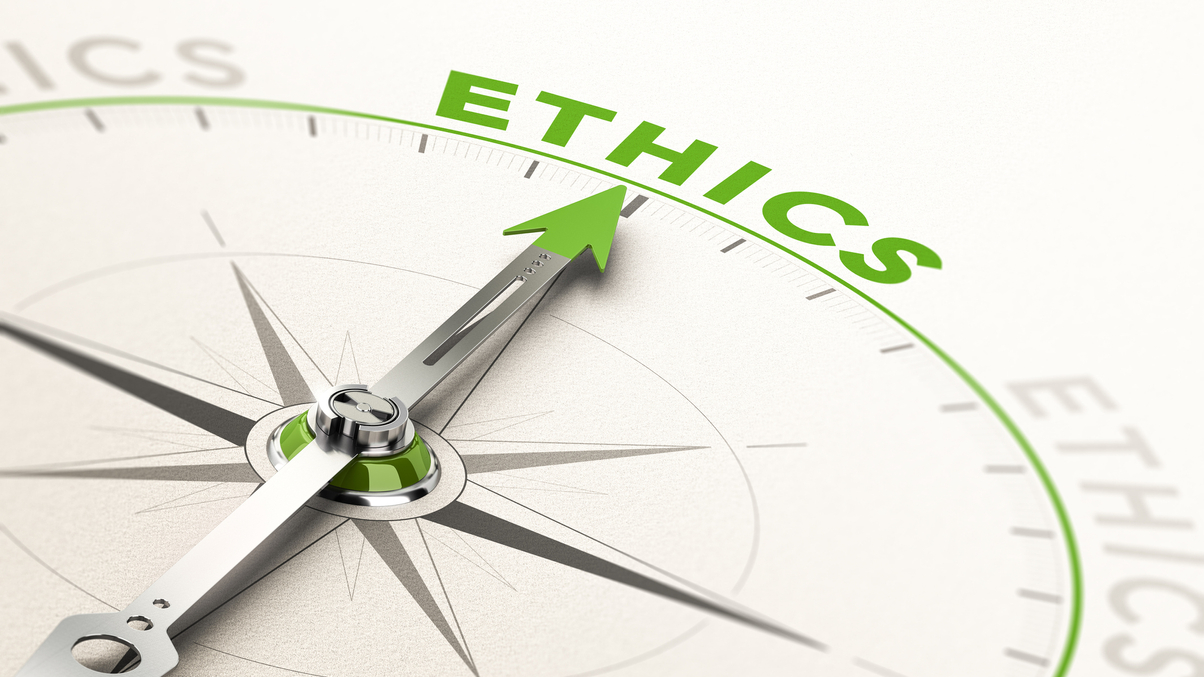partner content
Professional ethics: In frequent training we trust
Training, transparency, reliability and good stewardship can help build investors’ respect, and potentially boost the bottom line.

Trust lies at the heart of every deal whether it’s a global business-to-business deal, a credit card transaction or an online retail sale.
Sign in to read on!
Registered users get 2 free articles in 30 days.
Subscribers have full unlimited access to AsianInvestor
Not signed up? New users get 2 free articles per month, plus a 7-day unlimited free trial.
¬ Haymarket Media Limited. All rights reserved.


